2023 is the year of artificial intelligence, with AI chatbots emerging as indispensable tools for businesses, individuals, and organisations worldwide.
However, while most people have probably heard of ChatGPT, the world’s most-used AI tool, plenty more are on offer – the likes of Google Bard, Hugging Chat, and more have entered the conversation.
Chatbots have been taught how to have conversations and provide answers to questions by being fed endless amounts of online writing. Some of the responses people have been getting are astonishingly realistic, with all sorts of answers and chat thrown back at the user’s prompts.
Which are the most useful Read on to find out our picks for the best AI chatbots in 2024.
Best AI chatbots of 2023
There are a number of quality AI chatbots out there that you can use to help give you answers to questions, have a chat with, and more. It is worth noting that all of them have issues with accuracy and sourcing, for now, so answers given will require fact-checking. These are the best available in 2023:
ChatGPT
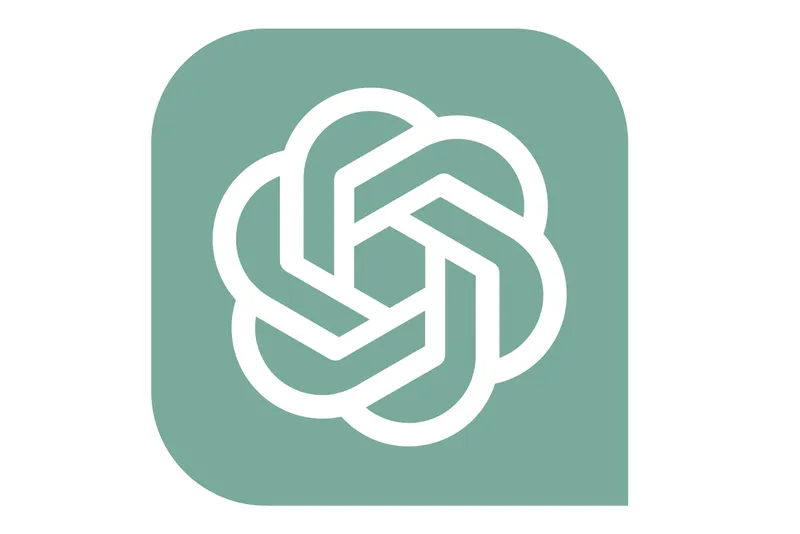
Specs | Developer: OpenAI | Price: Free (paid ‘Plus’ subscription $20 a month) | Platform: Browser-based & App | Website: Chat.openai.com
Pros:
- Free for everyone with an account
- Decent response times
- Can write STEM code
Cons:
- Demand can leave you unable to use it
- Cost of premium subscription
- Privacy concerns
ChatGPT has been the talk of the AI chatbot town for a good while now – and with good cause. ChatGPT is the go-to for many looking to use a chatbot, with so many trying to use it, in fact, it often can’t handle the sheer number of people logging in and asking questions.
The ChatGPT Plus subscription is $20 a month and allows users to use the program even when demand is high and boasts a faster response speed and priority access to new features. For now, you can also use it entirely for free, you just need to make an account and accept its privacy options.
Google Bard
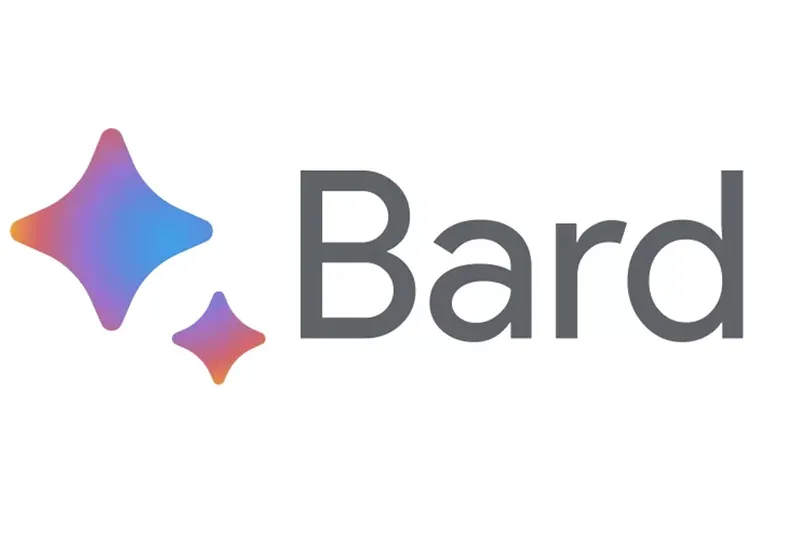
Specs | Developer: Google | Price: Free | Platform: Browser-based | Website: Bard.google.com
Pros:
- Quick and easy to use
- No need to create another account if you already use Gmail
- Can be helpful for research thanks to Google search built-in
Cons:
- A little less conversational than other chatbots
- Still listed as experimental so expect some inaccuracies
- Doesn’t retain context from earlier conversations
One of the main alternatives to ChatGPT, Google Bard has been impressing users for a little while now. It’s a little less conversational in tone compared to its competitors – and doesn’t remember too much context of your conversation during a session – but is instead promoted as a search and research tool.
It can give some fun answers, though, and lets you take a look at two other draft responses at any time. Regardless, it’s best used as a research tool or to help edit your text – as long as you fact-check it!
HuggingChat
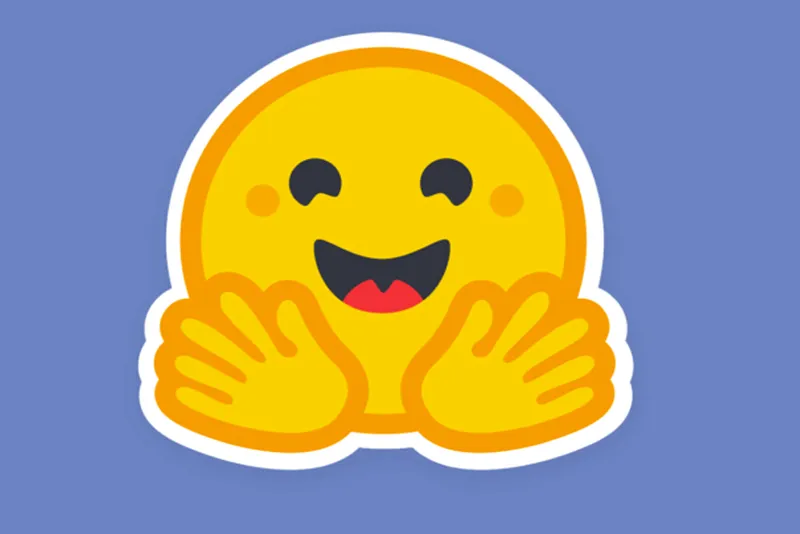
Specs | Developer: Hugging Face (ChatGPT clone) | Price: Free | Platform: Browser-based (open source) | Website: Huggingface.co/chat
Pros:
- Recency in trained materials means it is up-to-date
- Personable tone
Cons:
- Need a Hugging Face account to use
- Prone to hallucinations
HuggingChat is a completely free, crowdsourced alternative to ChatGPT and was trained on OpenAssistant Conversations Dataset, which contains data up to around 2022. It’s based on OpenAI and is something of a clone of ChatGPT, but one that is and will remain completely free to use. You still need to create an account to login, though.
So, what makes HuggingChat different to ChatGPT? It's customisable, in theory. As the software's code is open source, any person could use it to create their own custom AI chatbot.
HuggingChat is arguably more personable than ChatGPT, often referring to itself in the first person. However, HuggingChat is prone to 'hallucinations'. This is where the AI will seemingly invent information and references if the answer to a query is unclear.
character.ai
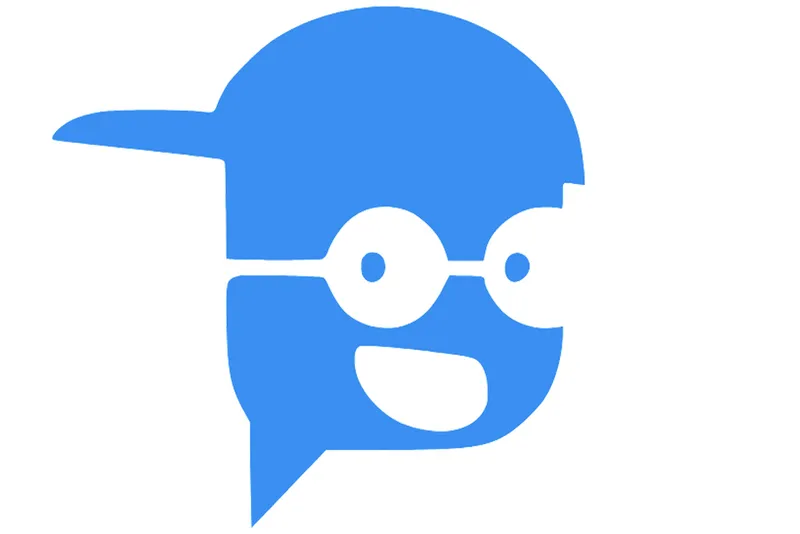
Specs | Developer: character.ai | Price: Free, c.ai offers perks for $9.99 a month | Platform: Browser-based | Website: character.ai
Pros:
- The novelty of talking to different characters and famous faces
Cons:
- Characters are quick to forget things
- Can’t be used for quick fact-finding
- Character tone is often jarring, typically coming off dry
If you’ve ever fancied a chat with a character from history or entertainment, character.ai is the place to go. It’s a fun little experiment that doesn’t quite catch the heart of a lot of the characters available to 'chat' with – our chat with Mario from Super Mario 64 gave us a lot of stiff and toneless answers, for example.
You can chat for a while without creating an account but will need to do so after several messages. It’s good for a bit of fun, even if the tone isn’t quite right a lot of the time.
Jasper Chat
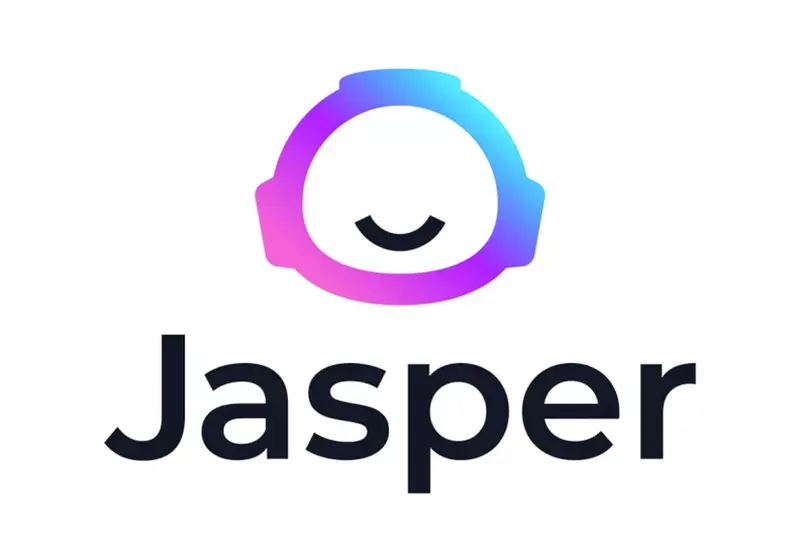
Specs | Developer: Jasper AI (uses GPT-3.5) | Price: Free for seven days, $39 a month otherwise | Platform: Browser-based | Website: Jasper.ai
Pros:
- Useful for help with writing SEO and marketing content
- Built-in plagiarism checker
- Works in over 30 different languages
Cons:
- High cost of subscription
- Mainly geared towards businesses
Jasper Chat comes with 50 different writing templates, built-in copywriting features, and even a plagiarism checker. It’s a chatbot built for companies looking to create 'on-brand' SEO content (be it blogs or product descriptions) with a consistent tone of voice.
It is by no means the cheapest AI on the market, asking users for $39 a month for its minimum plan.
Personal AI
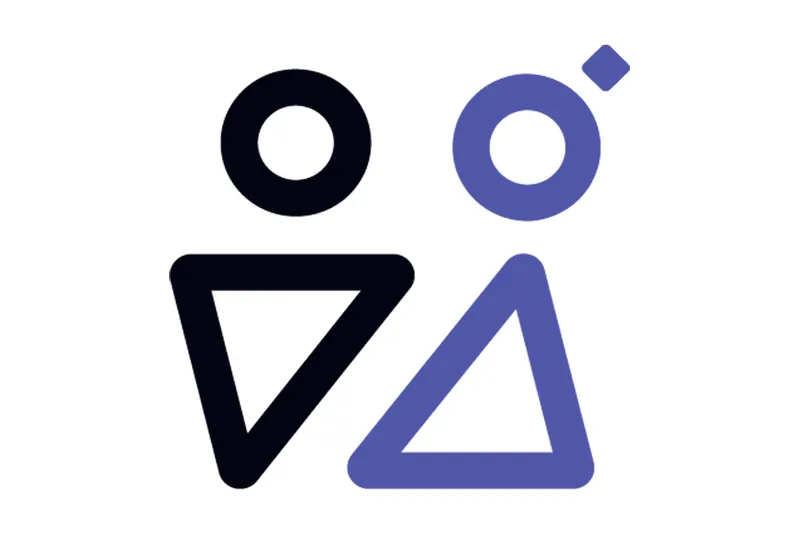
Specs | Developer: Personal AI | Price: Free (limited) or $40 a month/$400 a year for full access | Platform: App/web | Website: Personal.ai
Pros:
- Being able to edit and check up on AI-written drafts before you send.
Cons:
- Privacy concerns
- The way your family and friends will look at you for getting an AI to respond to their messages
Personal AI aims to create a digital version of you, to learn your personality and tone of voice, which would allow the AI to act as, well, you. While far from perfect, this AI is geared at drafting email responses in your own voice, learning from your previous messages.
With its goal of creating a digital double (which could raise several ethical dilemmas in future), Personal AI asks for a lot of your personal information – even cherished childhood memories. It is worth noting, however, that you can ask the AI to delete any information if you feel like you've overshared. For many, though, this may not alleviate any privacy concerns.
Which is the best AI chatbot?
Ultimately, what is the best AI chatbot comes down to personal preference. While the SEO optimisation and plagiarism checker of Jasper AI is handy, it comes at a big cost. If you’re looking for some fun, it’s best to stick to the free offerings instead.
Google Bard and ChatGPT are two very powerful AI chatbots that are free to use, and offer similar functionality.
How do the best AI chatbots work?
Essentially, AI chatbots work by developers feeding countless numbers of online articles, forum posts, and more into language models. Some are connected to the internet, keeping information up-to-date, while others rely on what they were taught before launching to the public.
AI chatbots were primarily designed to provide conversational, text-based responses to human questions and prompts. They can be used for a bit of fun, or to help with research, or to provide quick writing help, for instance.
Read more:
